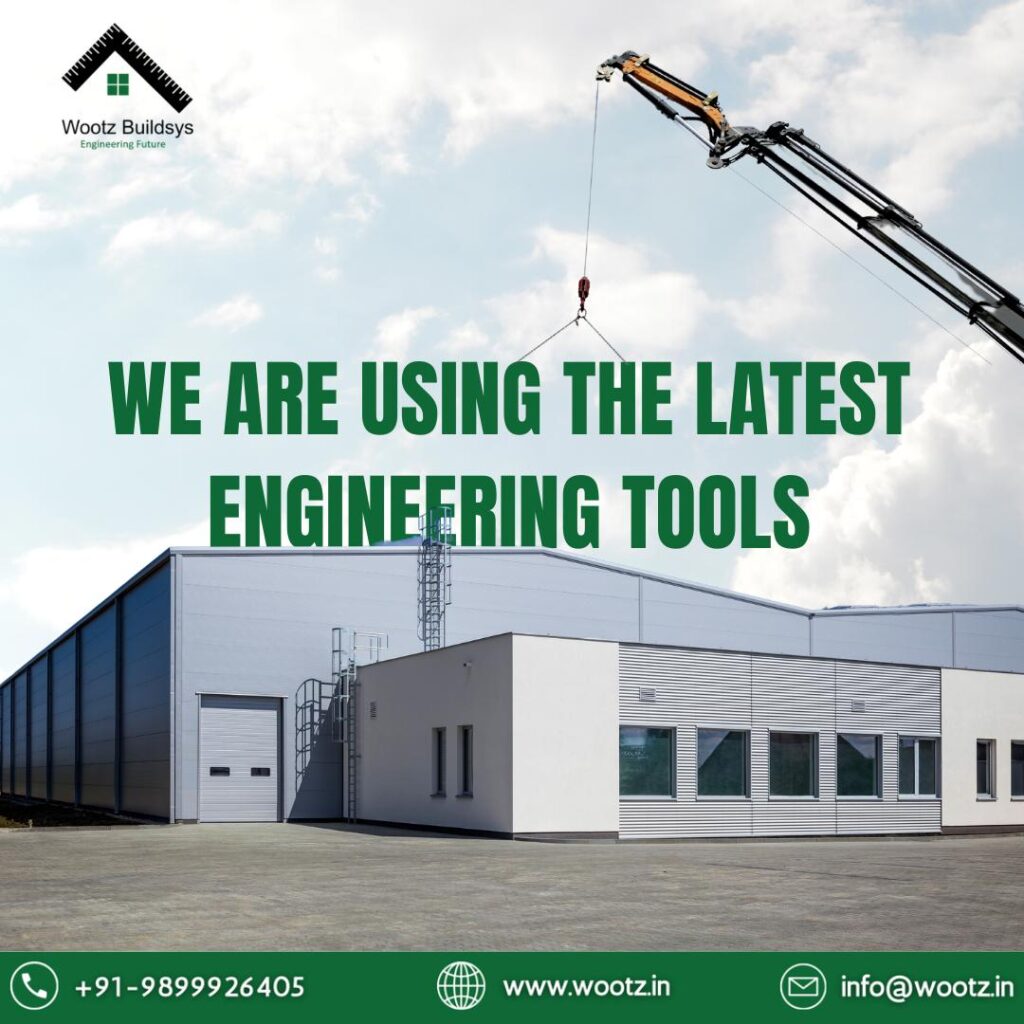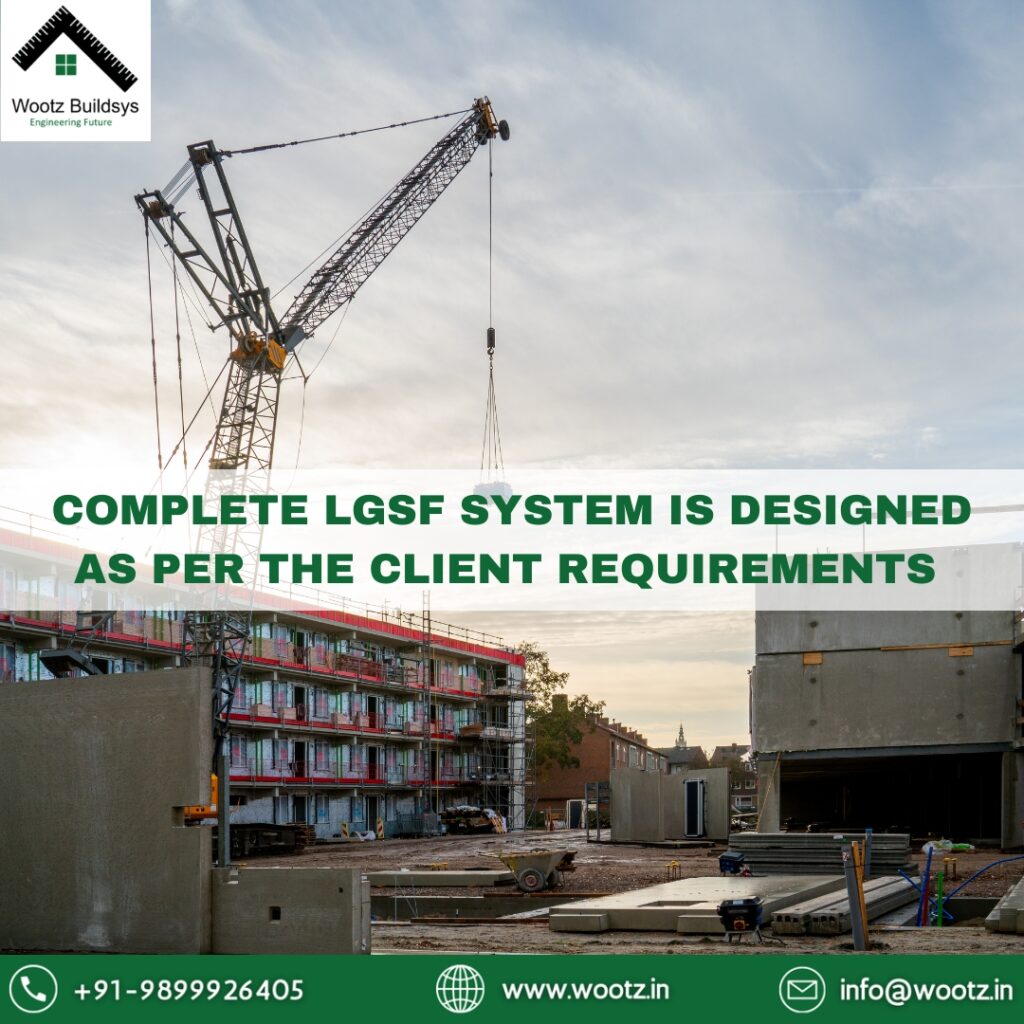In today’s fast-paced world, the demand for faster construction is more pressing than ever. As urbanization continues to accelerate and populations grow, the construction industry faces the challenge of delivering projects more quickly and efficiently. But why is faster construction necessary? Here, we explore the key reasons why speeding up construction processes is crucial for meeting modern demands and ensuring sustainable development.
Meeting the Growing Demand for Housing
One of the most significant drivers for faster construction is the escalating demand for housing. With urban populations expanding, the need for new residential buildings is skyrocketing. Faster construction methods enable developers to meet this demand more effectively, providing homes for families in shorter timeframes. This not only helps in alleviating housing shortages but also contributes to stabilizing real estate markets.
Economic Growth and Job Creation
Faster construction projects contribute to economic growth by enabling quicker realization of commercial, industrial, and infrastructure developments. When buildings and facilities are completed swiftly, businesses can start operations sooner, generating economic activity and creating jobs. This rapid completion cycle stimulates local economies, attracts investment, and boosts overall economic development.

Reducing Costs
Time is money in the construction industry. Faster construction helps in reducing the costs associated with prolonged projects, such as labor, equipment rentals, and site management expenses. Efficient construction techniques and accelerated timelines can significantly lower these overheads, making projects more financially viable and attractive to investors.
Enhancing Project Efficiency
Implementing faster construction techniques often involves adopting advanced technologies and streamlined processes. These innovations, such as modular construction, prefabrication, and the use of construction management software, enhance overall project efficiency. They help in minimizing delays, reducing errors, and improving coordination among various stakeholders, leading to smoother project execution.
Addressing Infrastructure Needs
Rapid urbanization places immense pressure on existing infrastructure. Cities need to upgrade and expand their infrastructure to accommodate growing populations and evolving needs. Faster construction is essential for building roads, bridges, schools, hospitals, and other critical infrastructure projects in a timely manner. This ensures that communities have access to essential services and amenities without prolonged disruptions.
Responding to Natural Disasters
In the wake of natural disasters, the need for faster construction becomes even more apparent. Communities affected by hurricanes, earthquakes, floods, and other calamities require swift rebuilding efforts to restore normalcy. Faster construction methods can expedite the recovery process, providing shelter and essential facilities to those in need and helping communities to bounce back more quickly.
Sustainability and Environmental Benefits
Faster construction can also contribute to sustainability efforts. Advanced construction techniques often involve more efficient use of materials and resources, reducing waste and minimizing the environmental impact. Additionally, quicker project completion means less time spent on-site, which can lower emissions from construction equipment and reduce the overall carbon footprint of a project.
Competitive Advantage
In a competitive market, the ability to deliver projects faster provides a significant advantage. Developers and construction firms that can complete projects ahead of schedule are more likely to secure contracts and attract clients. This competitive edge can lead to increased business opportunities, improved reputation, and greater market share.

Conclusion
The necessity for faster construction is driven by a multitude of factors, including the growing demand for housing, economic benefits, cost reductions, efficiency improvements, infrastructure needs, disaster response, sustainability, and competitive advantage. Embracing faster construction methods is not just about keeping up with the pace of modern development but also about ensuring that we build smarter, more resilient, and more sustainable communities. As the construction industry continues to evolve, the adoption of faster, more efficient building techniques will play a pivotal role in shaping the future of our built environment.
Frequently Asked Questions (FAQ’s )
Q1: What is meant by “faster construction”?
A1: Faster construction refers to the use of advanced techniques, technologies, and processes to complete building projects in shorter timeframes without compromising on quality. This can include modular construction, prefabrication, and the use of construction management software.
Q2: Why is there a growing demand for faster construction?
A2: The demand for faster construction is driven by several factors, including the need to address housing shortages, stimulate economic growth, reduce construction costs, and quickly respond to infrastructure needs and natural disasters. Faster construction helps meet these demands efficiently.
Q3: How does faster construction benefit the economy?
A3: Faster construction contributes to economic growth by enabling quicker realization of commercial, industrial, and infrastructure projects. This results in earlier business operations, job creation, and increased economic activity, which collectively boost local and national economies.
Q4: Are there cost benefits associated with faster construction?
A4: Yes, faster construction can lead to significant cost savings. By reducing the duration of projects, costs related to labor, equipment rentals, and site management can be minimized. Additionally, efficient construction processes can reduce waste and resource usage.
cabe4d cabe4d bandar togel rimbatoto togel online toto togel toto togel situs toto jacktoto situs toto situs slot situs toto slot gacor jacktoto slot online

